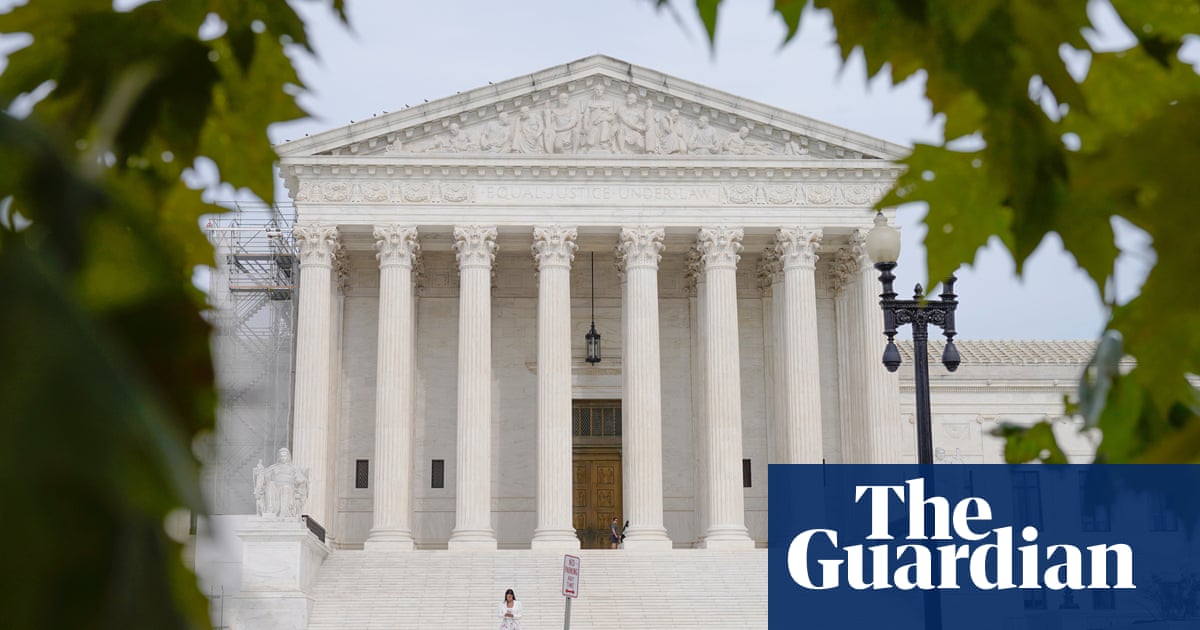Joe Biden worries that the “extreme” US supreme court, dominated by rightwing justices, cannot be relied upon to uphold the rule of law.
“I worry,” the president told ProPublica in interview published on Sunday. “Because I know that if the other team, the Maga Republicans, win, they don’t want to uphold the rule of law.”
“Maga” is shorthand for “Make America great again”, Donald Trump’s campaign slogan. Trump faces 91 criminal charges and assorted civil threats but nonetheless dominates Republican polling for the nomination to face Biden in a presidential rematch next year.
In four years in the White House, Trump nominated and saw installed three conservative justices, tilting the court 6-3 to the right. That court has delivered significant victories for conservatives, including the removal of the right to abortion and major rulings on gun control, affirmative action and other issues.
The new court term, which starts on Tuesday, could see further such rulings on matters including government environmental and financial regulation.



Article V of the the Constitution.
https://constitution.congress.gov/browse/essay/artV-1/ALDE_00000507/#
Amending the Constitution was intended to be much more usable, but over half the country doesn’t vote.
Always wondered what the legal definition of “several” was, as it applies to that clause.
It’s the adjective form. It just means separate or distinct.
I always took that phrase as expressed in the Constitution to be a quantitative factor? Several as in three to many.
https://thelawdictionary.org/several/
Nice, ty.
Still confused though, quantity wise. Basically, the point being made here: